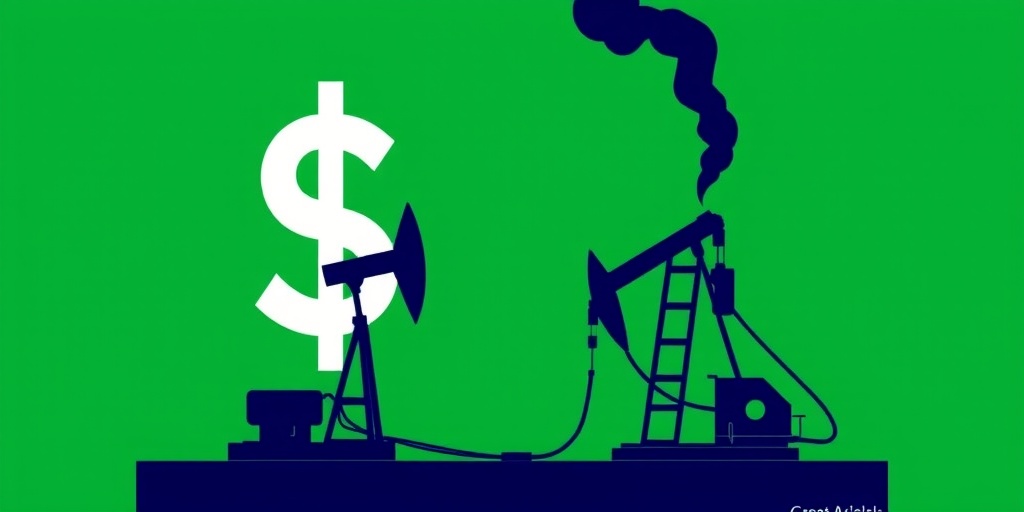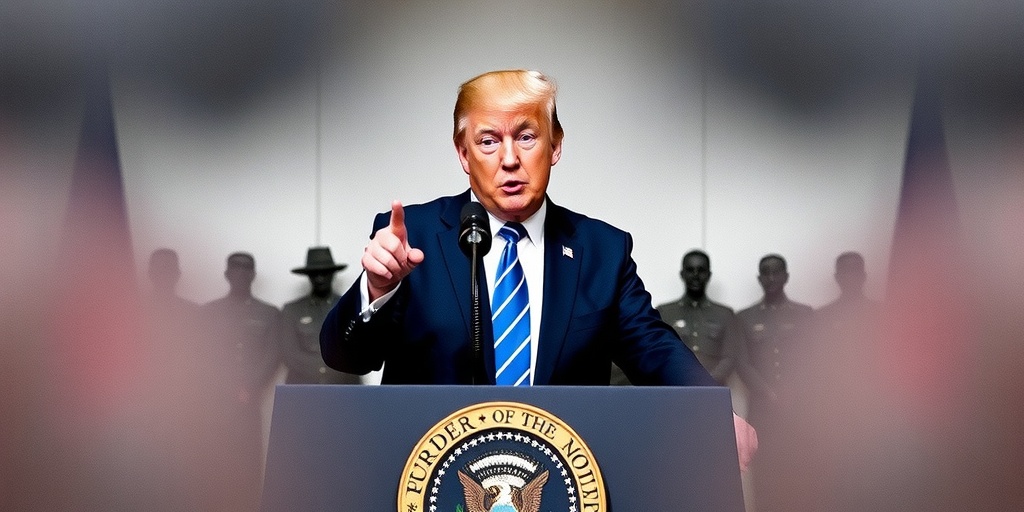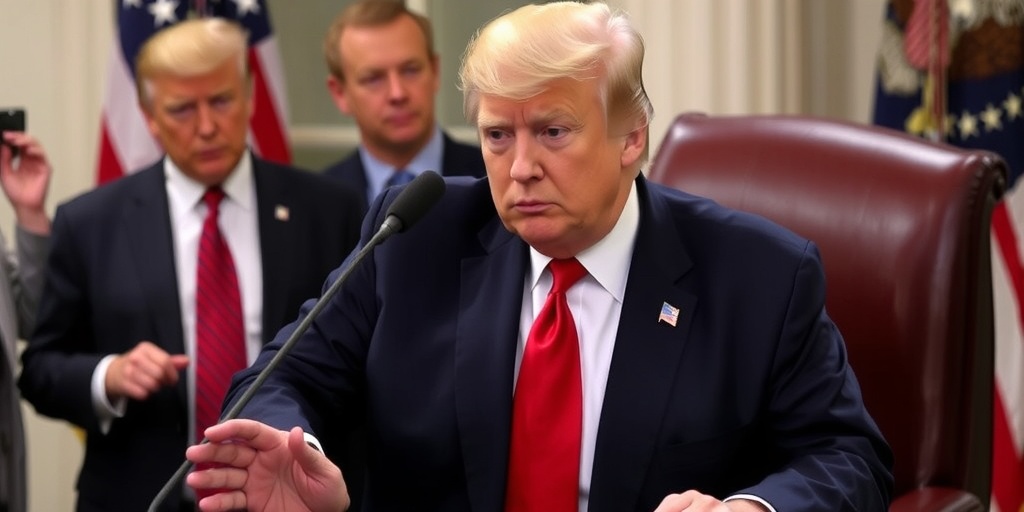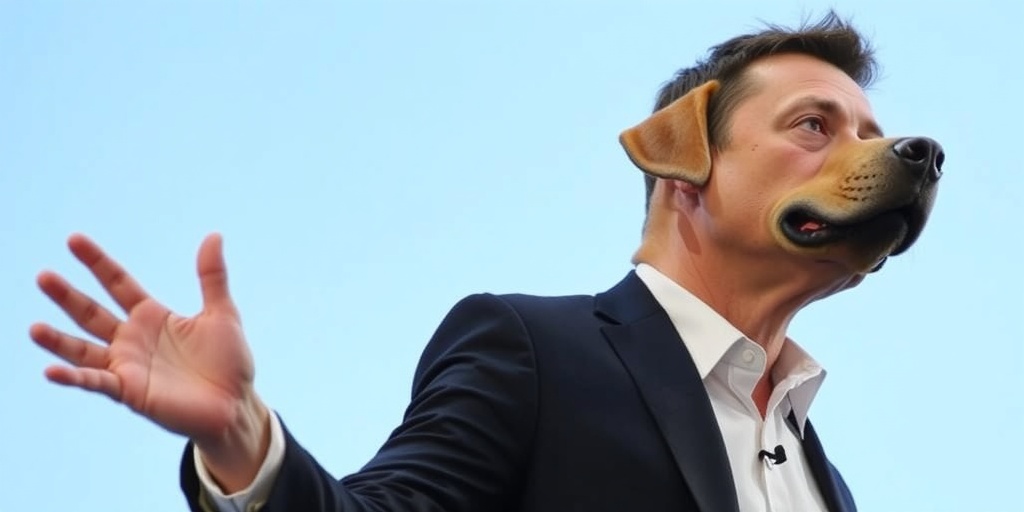Now Reading: Trump Hosts Zelensky for Mineral Deal After Tensions
-
01
Trump Hosts Zelensky for Mineral Deal After Tensions
Trump Hosts Zelensky for Mineral Deal After Tensions
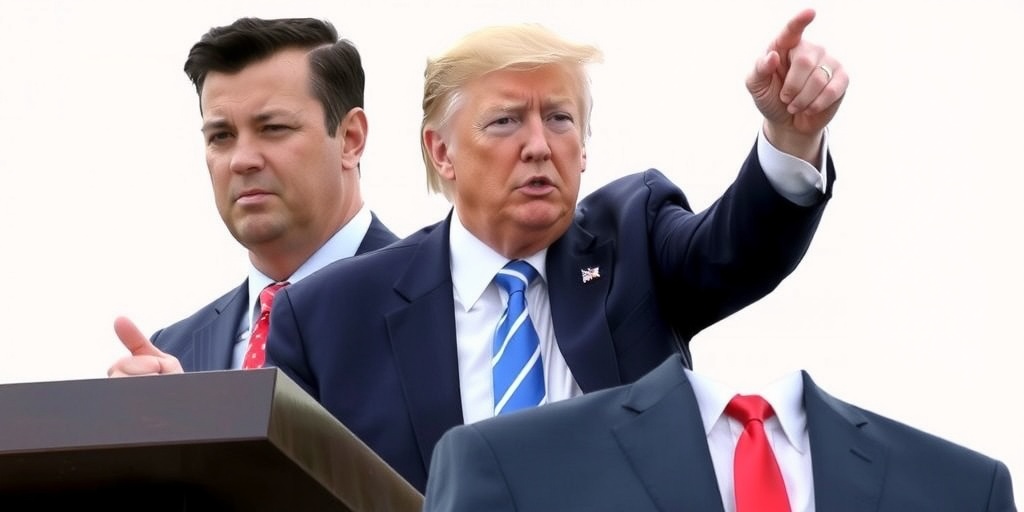
Trump to Host Zelensky at the White House for Rare Minerals Deal Amid Ongoing Ukraine Conflict
President Donald Trump is set to welcome Ukrainian President Volodymyr Zelensky to the White House on Friday, where the two leaders are expected to finalize an agreement concerning the transfer of rare mineral rights to the United States. This pivotal meeting comes at a time when the newly elected American administration is also exploring separate avenues to negotiate a resolution to the ongoing war between Ukraine and Russia.
The anticipated encounter between Trump and Zelensky is likely to be one of the most fraught diplomatic meetings since Trump resumed the presidency. Just days before their meeting, Trump made headlines for making controversial remarks including the unfounded claim that Ukraine “started” the war with Russia. He also labeled Zelensky as a “dictator without elections,” despite Ukraine’s democratic history and the legitimacy of Zelensky’s presidency, which was established through a decisive electoral victory in 2019.
Historically, it has been Russia that initiated the conflict in Ukraine in 2014 and subsequently launched a full-scale invasion in 2022. Although elections in Ukraine have been paused for the past three years due to martial law, Zelensky remains a democratically elected leader, while Russian President Vladimir Putin, who has faced international condemnation for his actions, is widely recognized as an autocratic ruler peddling fraudulent elections and facing an international arrest warrant for war crimes.
As the meeting draws near, Trump has attempted to smooth tensions with Zelensky. In a press conference ahead of their discussions, he was pressed on whether he still viewed the Ukrainian president as a dictator. Trump seemingly deflected the question by expressing disbelief at having made such a statement. “Did I say that?” he replied. “I can’t believe I said that. Next question.”
Later, during a news conference alongside British Prime Minister Keir Starmer, Trump again refrained from addressing whether he owed Zelensky an apology, stating only, “We’re going to have a very good meeting. I have a lot of respect for him.” This statement stands in stark contrast to his earlier criticisms of Zelensky, underscoring the complexities of Trump’s diplomatic relationships as he navigates the multifaceted geopolitical landscape.
Trump’s rhetoric toward Zelensky has sharply contrasted with the praise he continually heaps upon the Russian president. For instance, in recent interviews, Trump referred to Putin as “a very smart guy” and “a very cunning person,” while suggesting that he believes Putin genuinely desires peace. Furthermore, Trump stated, “he’ll keep his word” if a deal is reached between the conflicting parties, even though Russia has a history of violating international agreements.
Despite his promise to have discussions with Putin, Trump has not yet shared concrete plans on how he intends to broker a ceasefire or an enduring peace agreement in Ukraine. During his previous campaign, he made bold claims of being able to end the war within 24 hours or even prior to his second inauguration—claims he has yet to fulfill.
On Thursday, Trump displayed an intriguing balance of optimism and skepticism regarding his peace negotiation capabilities. He remarked, “I think it’s going to happen, hopefully quickly. If it doesn’t happen quickly, it may not happen at all.” This statement reveals his dual approach to the situation—hoping for a quick resolution yet acknowledging the potential for prolonged conflict.
Amidst ongoing discussions of potential military support for Ukraine, European leaders, including Prime Minister Starmer, have suggested contributing troops to form a multinational peacekeeping force to stabilize the region once hostilities cease. However, Trump has resisted pressures to commit U.S. forces to assist in any military capacity, emphasizing a cautious stance toward any involvement in Ukraine’s security landscape.
In a significant shift since assuming office, Trump has insisted that Ukraine should share some of its natural resources in exchange for military aid offered by the previous administration under President Joseph R. Biden Jr. Despite his misleading assertion about financial contributions—claiming the U.S. supplied $350 billion while Europe provided only $100 billion—it has been reported that Europe has contributed approximately $138 billion, contrasting with $119 billion from the United States according to the Kiel Institute for the World Economy.
The draft of the rare minerals agreement indicates that Ukraine would be obligated to share half of its projected revenues from the monetization of its natural resources, notably critical minerals, oil, and gas. Trump has characterized this deal as a significant economic opportunity for both nations, stating, “It’ll be good for both countries.”
As the meeting unfolds, the implications of the decisions made by Trump and Zelensky could reverberate not only in the U.S.-Ukraine relationship but also throughout the broader geopolitical landscape as leaders continue to navigate the challenges posed by the ongoing conflict in Ukraine.
Stay Informed With the Latest & Most Important News
Previous Post
Next Post
-
 01New technology breakthrough has everyone talking right now
01New technology breakthrough has everyone talking right now -
 02Unbelievable life hack everyone needs to try today
02Unbelievable life hack everyone needs to try today -
 03Fascinating discovery found buried deep beneath the ocean
03Fascinating discovery found buried deep beneath the ocean -
 04Man invents genius device that solves everyday problems
04Man invents genius device that solves everyday problems -
 05Shocking discovery that changes what we know forever
05Shocking discovery that changes what we know forever -
 06Internet goes wild over celebrity’s unexpected fashion choice
06Internet goes wild over celebrity’s unexpected fashion choice -
 07Rare animal sighting stuns scientists and wildlife lovers
07Rare animal sighting stuns scientists and wildlife lovers













